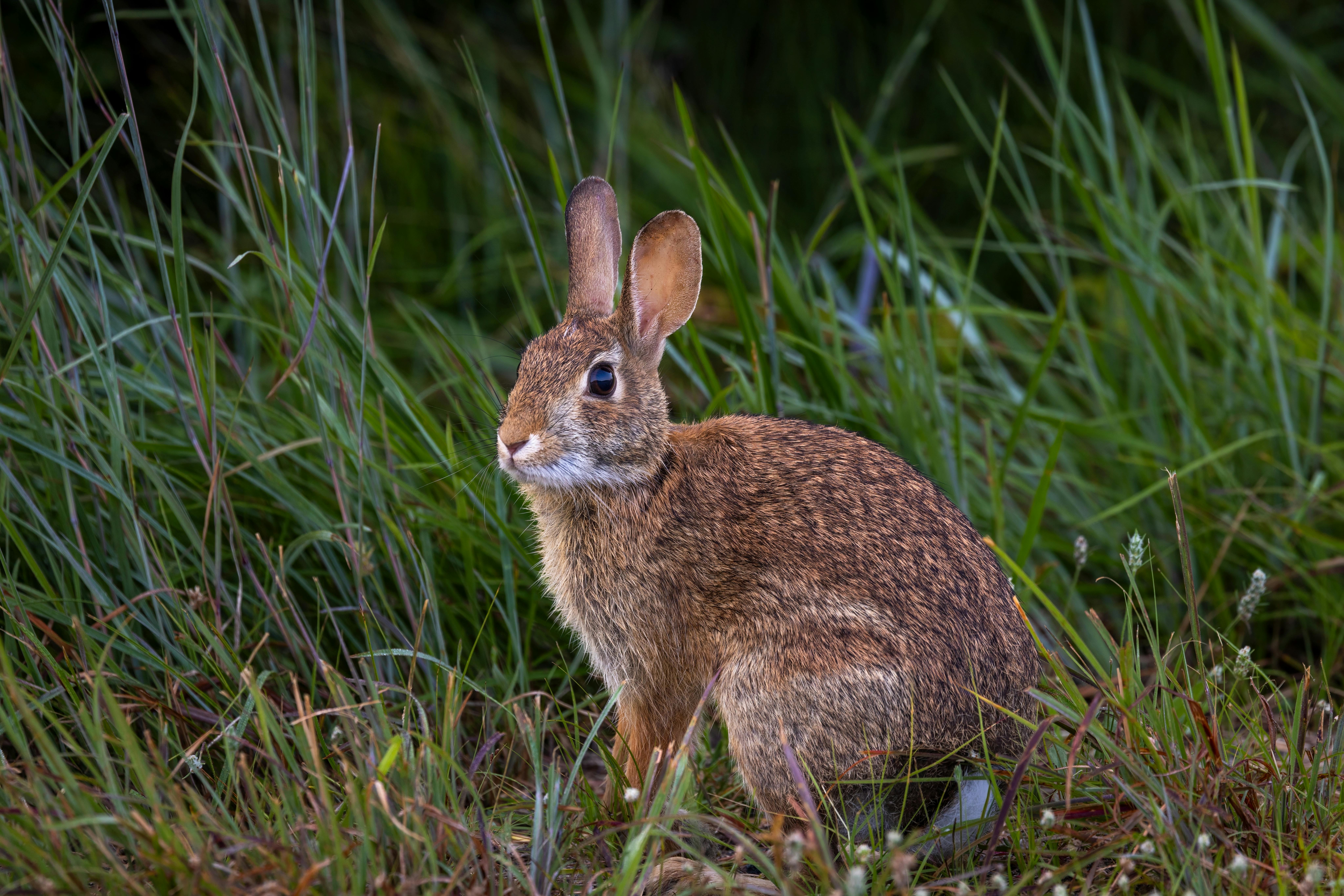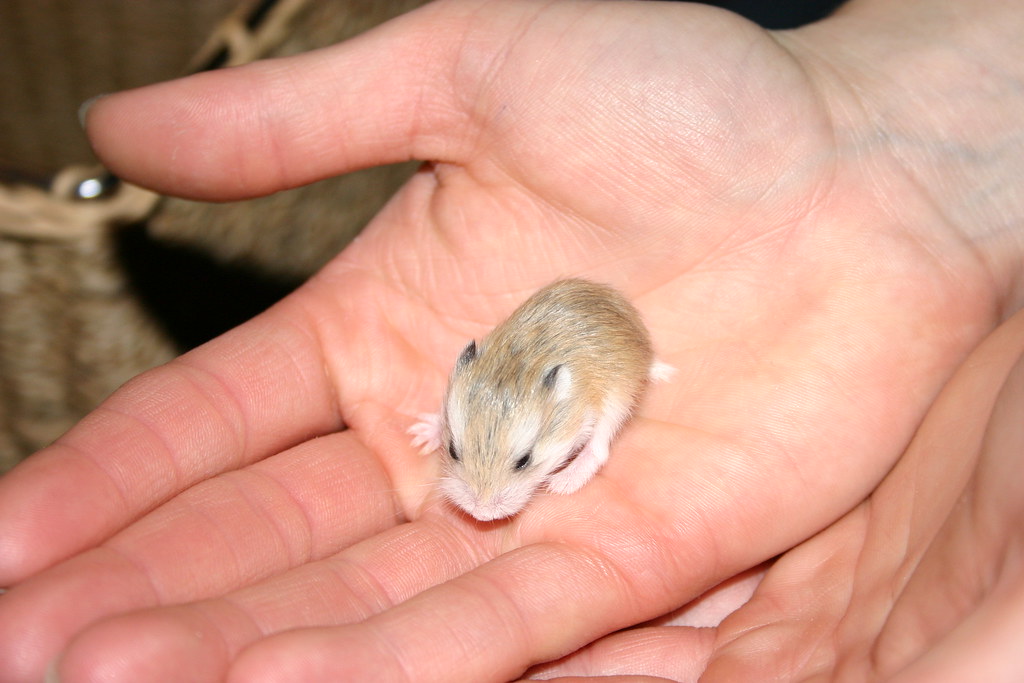Comprehensive Guide to Dwarf Hamster Diet: Essential Tips for 2025
Feeding a dwarf hamster is crucial for ensuring its health and longevity. This comprehensive guide explores the dwarf hamster diet, focusing on its unique nutritional requirements, the best food for dwarf hamsters, and essential feeding practices. Understanding these elements is key to nurturing a healthy and happy pet.
As a responsible hamster owner, you play an integral role in providing your furry friend with a balanced diet rich in nutrients. This article will discuss the types of food suitable for dwarf hamsters, how to create a balanced diet, tips on feeding schedules, the importance of hydration, and much more.
With proper care, your dwarf hamsters can thrive, enjoy their meals, and maintain optimal health. Let's dive into the essentials of dwarf hamster nutrition and how you can ensure your pet receives the best diet possible.
Understanding Dwarf Hamster Nutritional Needs
Every pet requires a specific set of nutrients to sustain their health and energy levels, and dwarf hamsters are no exception. Understanding their dietary needs is fundamental to crafting a sustainable feeding plan.
Essential Nutrients for Dwarf Hamsters
Dwarf hamsters need a variety of nutrients to thrive. Protein, fiber, vitamins, and minerals are at the top of the list. Proteins can come from commercial hamster foods, while fiber aids in digestion. Vitamins and minerals are essential for overall body functions and can be sourced from fresh vegetables and supplements.
The Role of Commercial Food in Dwarf Hamster Diets
Commercial hamster food is often formulated to meet the dietary needs of dwarf hamsters, providing a balanced mix of nutrients. Look for high-quality hamster pellets for optimal nutrition, as these are designed with hamsters' health in mind. Be cautious of less reputable brands that might not meet these standards, as they can impact your hamster's well-being.
Homemade Food Options
While commercial food is beneficial, incorporating homemade hamster food offers variety and personalization to your dwarf hamster's meals. Mixing different types of seeds, grains, and vegetables allows you to create a unique diet, bursting with different flavors and nutrients. Experimenting with homemade options can bring extra fun and variety to your hamster’s diet.
Choosing the Best Food for Dwarf Hamsters
Building a healthy plate for your hamster requires choosing the best quality food options available. Here's how to ensure your dwarf hamster receives a nutrient-rich diet.
Types of Food Suitable for Dwarf Hamsters
A good dwarf hamster diet includes a mix of seed mixes for hamsters, fresh vegetables, fruits, and commercial pellets. Dwarf hamsters thrive on seeds and grains like oats, barley, and wheat. Balanced meals also include fresh greens like spinach, kale, and small pieces of carrots or bell peppers.
Healthy Treats for Dwarf Hamsters
Occasionally giving your hamster healthy treats can help with training and bonding. Consider offering homemade hamster treats, which could utilize safe human foods like cooked sweet potato or small bits of apple. Just remember to keep treats to a minimum to avoid overfeeding.
Avoiding Unhealthy Options
When exploring the world of dwarf hamster treats, it's crucial to avoid unhealthy options. Commercially available hamster treats can sometimes be misleading, with high sugar and unhealthy fat content. Always read the nutritional labels and avoid anything containing artificial ingredients and high sugar levels.
Feeding Schedule and Portion Control
Establishing a consistent feeding schedule is important for maintaining your dwarf hamster's health. A structured routine allows your pet to adapt and helps in monitoring food intake efficiently.
How Much to Feed a Dwarf Hamster
The amount you need to feed your hamster varies with age, size, and activity level, generally ranging from 1-2 tablespoons of food daily. It’s essential to track your hamster’s food intake and adjust portions accordingly. Observing your hamster’s weight and hydration can guide you in this adjustment process.
Feeding Young Dwarf Hamsters
Young dwarf hamsters will have different dietary needs compared to adults. Ensure they receive enough protein-rich foods for growth, while also introducing variety gradually to encourage healthy eating habits as they mature.
Importance of Water in a Hamster’s Diet
Water is essential to maintain a healthy hamster lifestyle. Providing a constant supply of fresh water helps keep your hamster hydrated. Ensure that their water bottles stay clean and are refilled regularly, as hydration is just as crucial as food intake in maintaining hamster health and diet.
Variety and Balance in Dwarf Hamster Diet
A well-balanced diet ensures your dwarf hamster receives adequate nutrients essential for its health. Introducing variety in hamster diet and creating balance is more effective than sticking to a monotonous food source.
Importance of Variety in Feeding
Diversity in your hamster's diet is vital to prevent boredom and malnutrition. Offer different fruits and vegetables each week and alternate between types of protein sources for hamsters like cooked eggs or mealworms for more balanced nutrition.
Long-term Effects of Poor Diet
Neglecting your hamster's dietary needs can lead to health issues over time, including obesity, poor fur conditions, and digestive problems. Observing your hamster's behavior can provide vital clues about its dietary success or deficiencies—if your hamster is less active, it may be time to assess its food intake.
Creating a Custom Diet Plan
Customizing a diet plan tailored to your hamster's needs is a proactive approach to ensuring its health. Take note of your pet's preferences and dietary responses, documenting any changes in their behavior or weight. This helps maintain consistent nutrition levels throughout the hamster's life.
Common Mistakes Dwarf Hamster Owners Make
Even seasoned owners often misstep when it comes to feeding dwarf hamsters. Here are several pitfalls to avoid.
Overfeeding and Its Consequences
Overfeeding is one of the most common issues among hamster owners. Regularly monitor portions and make necessary adjustments according to your hamster's activity level. A good rule is not to feed your hamster more than 1-2 tablespoons per day.
Neglecting Nutritional Labels
Failing to check labels on commercial foods can lead to poor food choices for your hamsters. Always scrutinize ingredients and avoid products high in sugars and unhealthy fats. Ensure you are choosing brands known for offering excellent nutritional values that are suitable for dwarf hamsters.
Ignoring Signs of Dietary Deficiencies
Recognizing the signs of dietary deficiencies early on is essential to improving your hamster’s health. If you notice weight loss, lethargy, or changes in fur condition, it may be time to reassess their nutrition and make adjustments as needed.
Conclusion: Ensuring a Healthy Diet for Your Dwarf Hamster
Maintaining a healthy hamster diet is vital for your dwarf hamster's overall well-being. Always prioritize quality food options, keep a consistent feeding schedule, and ensure they have access to fresh water. Incorporating variety and adjusting portions throughout your hamster's life will contribute significantly to their happiness and health.
As you explore different feeding practices, remember the unique traits and preferences of your furry friend. For more in-depth resources on hamster care and feeding tips, check out these guides.
With attention and care, your dwarf hamster will enjoy a balanced diet, leading to a happy and healthy life!


